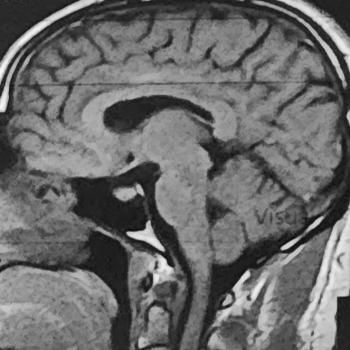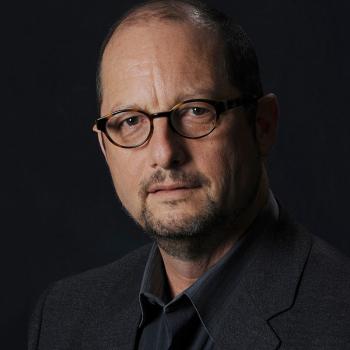The Nature of Research When William James formed his model of religious conversion in 1902, he was working off a collection of stories gathered by another researcher to come to his conclusions. When Rodney Stark and John Lofland formed their model of religious conversion in 1965, they did so by extensive interviews with a variety of converts to a New Religious Movement. And when Lewis Rambo formed his model of religious conversion (which still stands as the standard in the... Read more





















